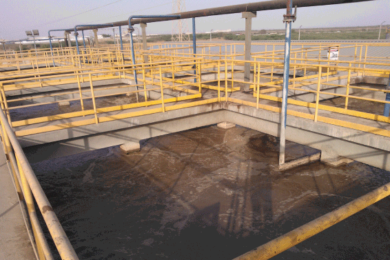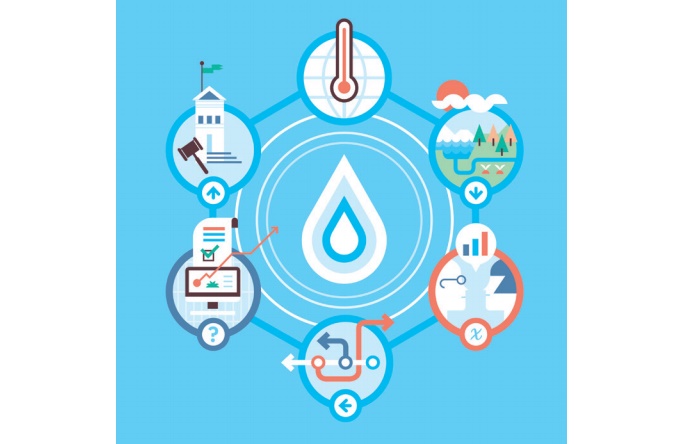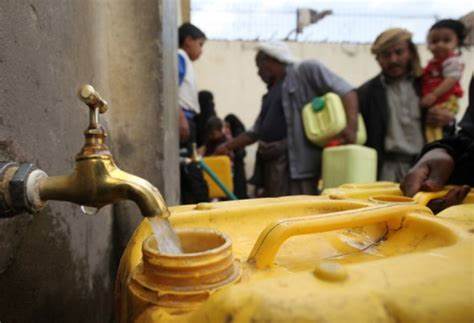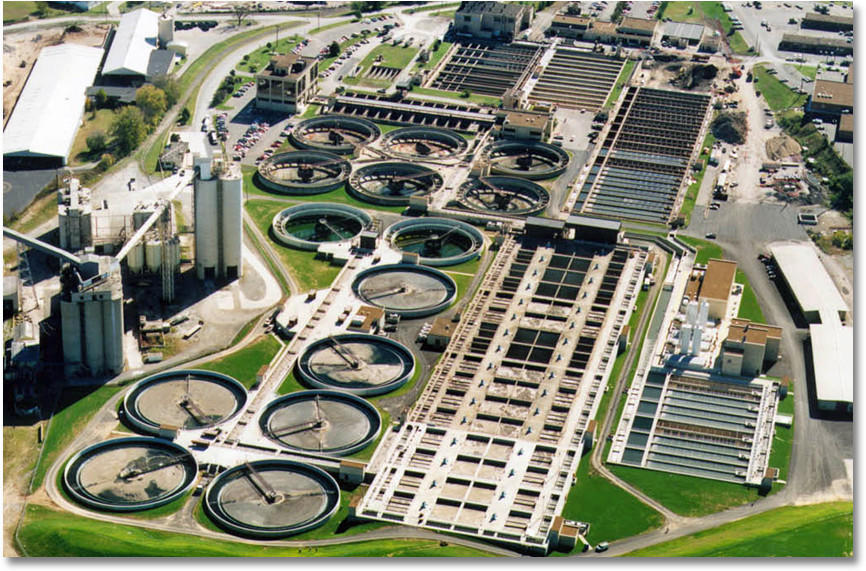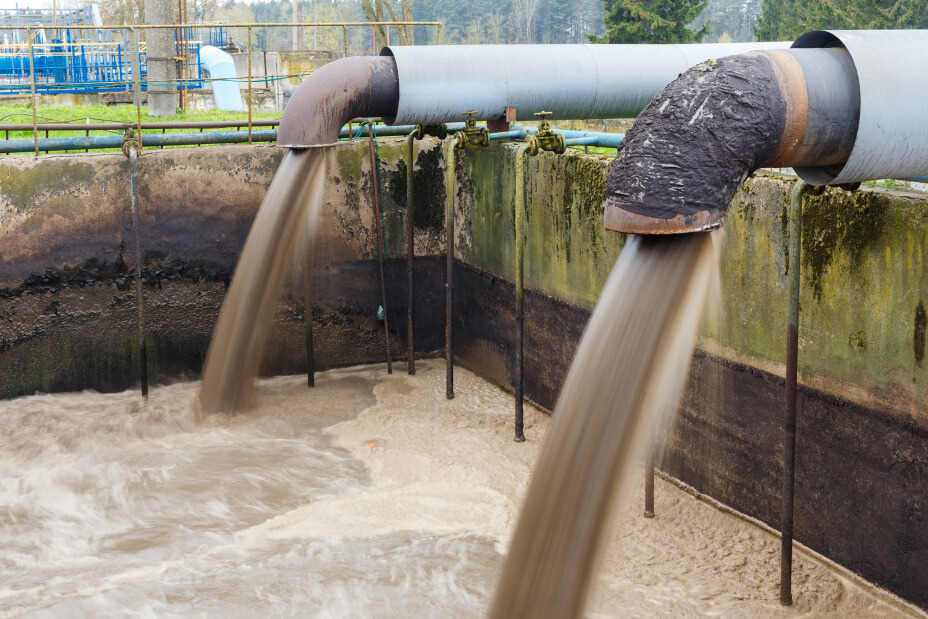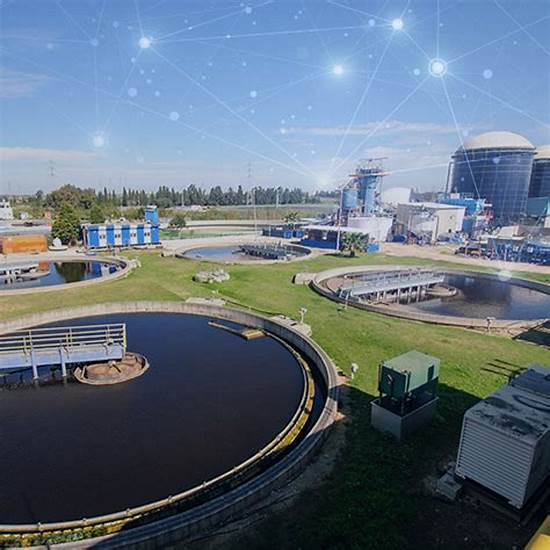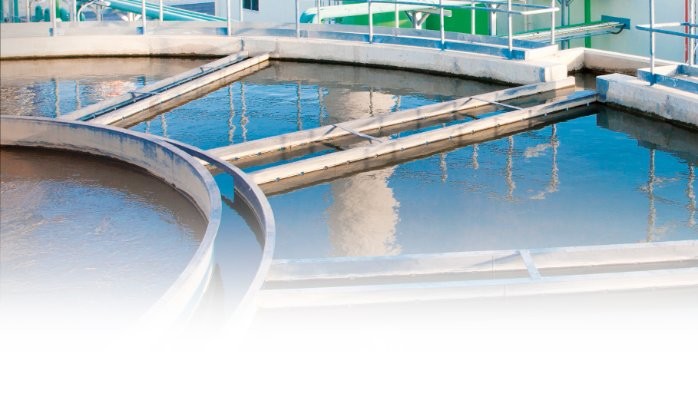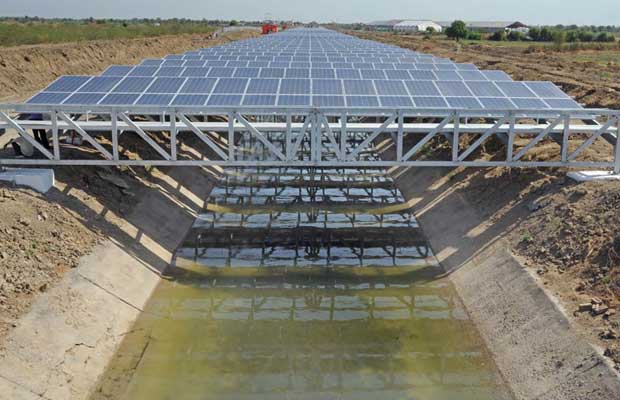Public-Private Partnerships: Advancing Wastewater Treatment for a Sustainable Future Introduction Public-Private Partnerships (PPP) play a crucial role in advancing wastewater treatment, ensuring the effective management of this essential resource. This article explores the concept of PPP in the context of wastewater treatment, highlighting its relevance and importance. By examining the historical background, key concepts, advantages, challenges, case studies, current trends, controversies, and future outlook, we aim to shed light on the potential of PPP in addressing wastewater treatment challenges. Historical Background Wastewater treatment practices have evolved significantly over time. Initially, basic methods of wastewater disposal were employed, leading to detrimental…
Author: jenks2026
Public Awareness in Wastewater Management: Promoting Responsible Practices for Public Health and Environmental Protection Introduction Wastewater management plays a crucial role in ensuring public health and environmental protection. It involves the collection, treatment, and disposal of wastewater to prevent the spread of diseases and minimize negative impacts on ecosystems. However, without public awareness and engagement, wastewater management efforts may fall short. This article explores the importance of public awareness in wastewater management and highlights its role in promoting responsible practices. Historical Background To understand the significance of public awareness in wastewater management, it is important to delve into its historical…
Introduction Wastewater treatment plays a crucial role in addressing climate resilience, ensuring the sustainability and adaptability of our environment in the face of climate change. This article explores the historical background, key concepts, and main discussion points surrounding wastewater treatment and climate resilience. Historical Background Over time, wastewater treatment methods have evolved to keep up with the growing environmental challenges. These advancements have been shaped by historical events and milestones, enabling us to better manage and mitigate the impacts of climate change on wastewater treatment systems. Key Concepts and Definitions Understanding the key terms and concepts related to wastewater treatment…
Leveraging AI and Machine Learning in Wastewater Treatment Introduction In today’s rapidly evolving world, the use of artificial intelligence (AI) and machine learning (ML) has become increasingly prevalent in various industries. One such field where AI and ML have the potential to revolutionize processes is wastewater treatment. This article delves into the importance of leveraging AI and ML in wastewater treatment, highlighting its relevance and the benefits it brings to the field. Historical Background Wastewater treatment has a long history of evolving methods and technologies aimed at improving efficiency and reducing environmental impact. However, the integration of AI and ML…
Importance of Diversity and Gender Equality in Wastewater Management Wastewater management plays a crucial role in maintaining public health and environmental sustainability. To effectively address the challenges in this field, it is essential to have diverse leadership that represents different perspectives and experiences. This article explores the importance and relevance of women leaders in wastewater management and highlights the barriers they face in traditionally male-dominated industries. Historical Context of Wastewater Management The history of wastewater management dates back centuries, with civilizations developing various methods to dispose of waste and prevent contamination of water sources. However, women have been largely excluded…
Addressing Waterborne Diseases through Wastewater Treatment Introduction Addressing waterborne diseases through wastewater treatment is crucial for improving public health and environmental sustainability. Effective wastewater treatment prevents the transmission of waterborne diseases, leading to healthier communities and a cleaner environment. Historical Background Wastewater treatment has a rich historical background in relation to addressing waterborne diseases. Milestones and breakthroughs in the field have contributed to the development of effective treatment processes that have revolutionized public health standards. Key Concepts and Definitions To fully understand the significance of wastewater treatment in combating waterborne diseases, it is crucial to define waterborne diseases and their…
Wastewater Treatment in Humanitarian and Disaster Relief Efforts: Safeguarding Public Health and Environmental Sustainability Introduction Wastewater treatment plays a crucial role in humanitarian and disaster relief efforts, ensuring the provision of safe and healthy living conditions for affected populations. In emergency situations, such as natural disasters or conflict zones, proper wastewater treatment becomes even more critical as it helps prevent the spread of waterborne diseases and minimizes the impact on the environment. This article explores the historical background, key concepts, techniques, collaboration among stakeholders, case studies, current trends, challenges, and future outlook of wastewater treatment in humanitarian and disaster relief…
Sustainable Funding Models for Wastewater Treatment Projects Introduction The need for sustainable funding models in wastewater treatment projects is crucial for ensuring the long-term success and viability of these initiatives. This article aims to provide a comprehensive overview of sustainable funding models for wastewater treatment, highlighting their relevance and importance in this field. By exploring various aspects such as the historical background, key concepts and definitions, main discussion points, case studies or examples, current trends or developments, challenges or controversies, and future outlook, this article aims to shed light on the various aspects of sustainable funding for wastewater treatment projects.…
The Importance of Education in Promoting Sustainable Wastewater Practices Introduction Sustainable wastewater practices are vital for the health and well-being of both humans and the environment. However, to effectively address the challenges of wastewater management, education is crucial. This article explores the relevance of education in promoting sustainable wastewater practices, providing historical background, key concepts, and main discussion points. Historical Background Wastewater management systems have evolved since ancient civilizations. Early societies relied on rudimentary methods, such as the use of natural bodies of water. However, as urbanization and industrialization increased, these practices became insufficient and led to widespread pollution. Education…
Introduction Community engagement plays a crucial role in wastewater treatment planning, ensuring the active participation and collaboration of local residents, stakeholders, and decision-makers. This article provides an overview of the importance of community engagement in wastewater treatment planning and its historical background. Historical Background Wastewater treatment planning has evolved significantly over the years, moving from basic approaches to more sophisticated and community-oriented strategies. In the past, community engagement was often overlooked or limited to a few stakeholders. However, the influence of community engagement has become increasingly recognized in shaping wastewater treatment planning processes. Key Concepts and Definitions Wastewater treatment planning…
Innovations in Sludge Management from Wastewater Treatment: Revolutionizing the Future of Sustainability Introduction Innovations in sludge management from wastewater treatment have emerged as a critical aspect of sustainable development. Sludge, a byproduct of wastewater treatment, presents significant challenges due to its environmental and health implications. However, with advancements in technology and a growing focus on resource recovery, innovative solutions have revolutionized the field. This article delves into the historical background of sludge management, explores key concepts and definitions, discusses the main discussion points, presents case studies, analyzes current trends, addresses challenges and controversies, speculates on the future outlook, and concludes…
The Water-Energy Nexus: Efficiency in Wastewater Treatment Introduction Wastewater treatment is crucial for maintaining community health and environmental protection. The water-energy nexus concept highlights the interdependence of water and energy resources in wastewater treatment. This article explores the significance of efficiency in wastewater treatment and its impact on the water-energy nexus. Historical Background Wastewater treatment has evolved significantly over time, with a focus on improving efficiency and sustainability. Milestones such as the development of anaerobic digestion and energy recovery systems have greatly influenced efficiency in wastewater treatment and its relation to the water-energy nexus. Key Concepts and Definitions The water-energy…
The Future of Decentralized Wastewater Treatment: A Sustainable Solution for Water Management Introduction Decentralized wastewater treatment is gaining increasing attention as a sustainable solution for managing wastewater. In this article, we will provide an explanation of decentralized wastewater treatment and discuss its relevance and importance in today’s world. We will also explore why the future of decentralized wastewater treatment is interesting. Historical Background Over the years, wastewater treatment methods have evolved significantly. From traditional centralized treatment plants, there has been a shift towards decentralized systems in recent years. This shift is driven by the need for more efficient and cost-effective…
Introduction The increasing challenges of pollution and environmental degradation have heightened the need for efficient wastewater treatment methods. One promising solution in this field is bioaugmentation, which involves the use of specialized microbial consortia to enhance pollutant degradation and improve treatment efficiency. This article explores the historical background of wastewater treatment methods and the emergence of bioaugmentation. It also delves into the key concepts and definitions of bioaugmentation, wastewater treatment, microbial consortia, and treatment efficiency, emphasizing their significance in addressing the global wastewater crisis. Historical Background Wastewater treatment methods have evolved significantly over the years. From rudimentary systems relying on…
Harnessing Solar Energy for Wastewater Treatment Plants Introduction Solar energy is gaining increasing attention in wastewater treatment plants due to its potential for sustainable development and environmental conservation. This article provides an overview of harnessing solar energy for wastewater treatment plants, highlighting its relevance and importance in the context of renewable energy. Historical Background Solar energy utilization in wastewater treatment dates back to the early 20th century when solar technologies were first explored for water heating purposes. Advancements in solar technology have paved the way for its integration into various aspects of wastewater treatment. Prior to the adoption of solar…
Zero Liquid Discharge (ZLD) in Wastewater Treatment: A Sustainable Solution for Water Scarcity and Pollution Introduction Zero Liquid Discharge (ZLD) is a concept in wastewater treatment that aims to completely eliminate the discharge of liquid effluents. This approach is crucial in addressing global issues such as water scarcity and pollution. ZLD systems treat and recover all wastewater streams, ensuring that no liquid waste is released into the environment. This conserves freshwater resources and prevents water pollution, making ZLD a sustainable and efficient solution for wastewater management. Historical Background Wastewater treatment has evolved over time, starting with basic methods like settling…
Introduction The importance of energy-efficient wastewater treatment systems cannot be overstated in today’s world. As the global population continues to grow, so does the need for effective wastewater treatment solutions that minimize energy consumption and reduce environmental impact. This article aims to provide an in-depth exploration of energy-efficient wastewater treatment systems, highlighting their relevance and importance in the context of sustainability. Additionally, it will present a brief overview of the article’s structure and main points to guide readers through this comprehensive discussion. Historical Background To understand the significance of energy-efficient wastewater treatment systems, it is essential to examine their evolution…
The Resourceful Potential of Biosolids: A Sustainable Solution for Wastewater Management Introduction Biosolids, derived from wastewater treatment processes, have emerged as a crucial resource with immense potential. This article delves into the importance of utilizing biosolids as a sustainable solution for wastewater management, emphasizing their relevance in terms of sustainability and environmental impact. Historical Background Wastewater disposal was initially seen as a problem, but with growing environmental concerns, biosolids were recognized as a valuable resource. This marked a turning point in wastewater management practices. Regulations and guidelines were introduced to ensure proper management of biosolids, promoting responsible usage. Key Concepts…
Innovations in Sustainable Wastewater Treatment Introduction The topic of sustainable wastewater treatment addresses the need for environmentally friendly and efficient management of wastewater. As population growth and urbanization continue to accelerate, traditional methods have proven to be inadequate for sustainable development. This article explores the relevance and importance of sustainable wastewater treatment in terms of environmental sustainability and public health. Additionally, it discusses the potential benefits that innovative wastewater treatment technologies can bring to society. Historical Background Wastewater treatment has evolved significantly over time. Initially, primitive methods such as sedimentation and land treatment were used to remove solid pollutants from…
Emerging Contaminants in Wastewater: A Comprehensive Exploration Introduction Emerging contaminants in wastewater pose potential risks to human health and the environment. This article aims to provide a comprehensive understanding of these contaminants, their sources, fate, and implications. By delving into the historical background, key concepts, and current trends, this article offers valuable insights into the importance of studying emerging contaminants in wastewater. Historical Background Advancements in wastewater treatment processes have played a pivotal role in uncovering the presence and impact of emerging contaminants. Over time, researchers have developed analytical techniques to detect and identify these substances. The discovery of pharmaceuticals…


